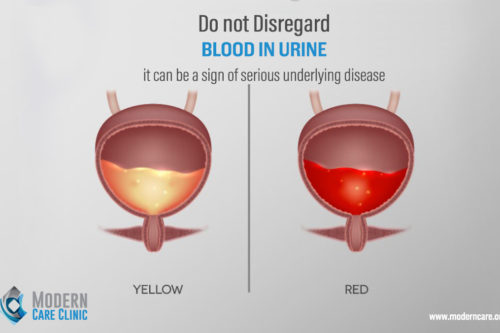Male Infertility
Nearly 1 in 7 couples is infertile, which means there is no pregnancy even though they’ve had frequent, unprotected sexual intercourse for a year or longer.
The male factor can be the cause of infertility, and this can lead to a stressful relationship.
When to see a doctor?
If no pregnancy after a year of regular unprotected intercourse, and if there is:
– Erection or ejaculation problems, low sex drive, or other sexual problems.
– Pain or swelling in the testicle area.
– Testicular or sexual problems.
– A groin, testicle, penis, or scrotum procedure.
– A partner over age 35.
What are the causes of male infertility?
– Varicoceles.
– Retrograde Ejaculation.
– Immunologic Infertility.
– Obstruction.
– Hormones.
– Medications.
Sperm Disorders
The most common problem is with the production and maturation of sperm. Sperm may:
– Not grow enough.
– Have a strange form.
– Not move the right way.
– We can have oligospermia (low number of sperm) or azoospermia (absence of sperm completely).
Sperm problems can be congenital; but sometimes a toxic lifestyle can reduce sperm count: smoking, drinking alcohol, and taking certain medications.
Other causes of low sperm numbers include long-term sickness (such as kidney failure), childhood infections, or hormonal testosterone disorder.
Damage to the reproductive system can cause low sperm numbers or the total absence of it ; which can cause the obstruction of the tubes that the sperm travel through.
Varicoceles
Varicoceles are overinflated veins located in the scrotum; they are more common in infertile men (40 out of 100). They stop the growth of sperm by blocking blood drainage and lead blood to flow back into your scrotum from your belly; the testicles are then too distended and hot to touch for making sperm, which can cause low sperm number.
Retrograde Ejaculation
Retrograde ejaculation is when semen goes into your bladder instead of out the penis. This happens when nerves and muscles in your bladder don’t close during orgasm; it can be caused by some procedures, medications, or health problems of the nervous system; signs are turbid urine after ejaculation and dry ejaculation.
Immunologic Infertility
Sometimes a man’s body makes antibodies that attack his own sperm because of a certain surgery or infection. Antibodies prevent sperm from moving and working normally in order to fertilize the egg.
Obstruction
Sometimes the tubes which sperm travel through can be blocked; some infections and surgeries (such as vasectomy) can cause blockage. Any part of the male reproductive tract can be blocked, which can lead to infertility because the sperm from the testicles can’t leave the body during ejaculation.
Hormones
A very low pituitary hormone level causes poor sperm growth.
Chromosomes defects
Hereditary disorders such as Klinefelter’s syndrome; in which a male is born with two X chromosomes and one Y chromosome (instead of one X and one Y) cause abnormal development of the male reproductive organs.
Medication
Certain medications have side effects on sperm production, function, and delivery. These medications help to treat:
– arthritis
– depression
– digestive problems
– infections
– high blood pressure
– cancer
Risk factors
Several factors can increase the risk of male infertility:
– Smoking.
– Abusing illegal drugs.
– Drinking alcohol.
– Don’t maintain a healthy weight.
– Being exposed to toxins.
– Overheating the testicles.
– Having a history of undescended testicles.
– Having genetic disorders.
– Having testicular injuries.
– Testicular cancer and treatment.
What are the complications of male infertility?
– Stress and relationship problems.
– Expensive and involved reproductive techniques.
– High risk of testicular and prostate cancer.
Prevention
Some measures must be taken into consideration to prevent infertility:
– Don’t smoke.
– Don’t drink alcohol.
– Steer clear of illicit drugs.
– Avoid being overweight.
– Don’t get a vasectomy.
– Avoid things that overheat the testicles.
– Reduce stress.
Follow the link to know how to treat male infertility.



